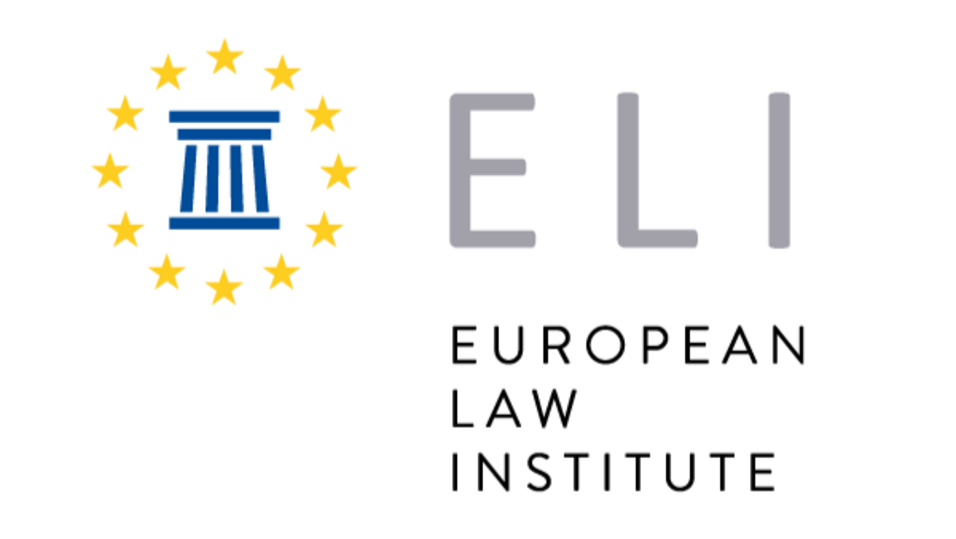At its most recent meeting, the Council approved the results of ELI’s Extra-Judicial Administration of Justice in Cross-Border Family and Succession Matters project. Led by Prof Dr Elena Bargelli, Prof Dr Anatol Dutta and François Trémosa, this project sets out policy recommendations for the European Union and its Member States. Their aim is to increase the coherence and effectiveness of the rules governing cross-border family and succession matters while safeguarding fundamental procedural and substantive rights across jurisdictions. Prior to the publication by ELI, the output will now be put to vote by the ELI Fellows.
The Council also adopted two new projects.
The Proof of Consent and its Knowledge in the Law of Sexual Offences, to be co-led by Mrs Justice Bobbie Cheema-Grubb DBE and Prof Dr Anna Coninx, will offer practical guidance on how courts can assess consent in line with legal doctrine and the European Convention on Human Rights. While public debate often centres on ‘yes means yes’ vs ‘no means no’ models, real-life cases require a nuanced evaluation of actions, context, and evidence, without written proof of consent. The aim is to strengthen trust in the criminal justice system by ensuring that consent-based laws are applied in a fair, principled, and rights-respecting manner.
ELI will also embark on the Guiding Principles on Seizing Sanctioned Assets. Chaired by Sir Geoffrey Vos, the project will be co-led by Prof Dr Philippa Webb, Prof Dr Burkhard, Prof Dr Nadakavukaren Schefer and Dr Illia Chernohorenko. The initiative focuses on guiding states and international organisations through the legal complexities of asset seizure, ensuring compliance with international law and due process. It will address distinctions between public and private assets, the legal grounds for confiscation, and the safeguards needed to protect third parties and uphold human rights. The project will also explore whether seized assets can be used for victim compensation, reconstruction, or to exert pressure on responsible states. Politically neutral, it aims to offer clear legal criteria to prevent misuse and promote accountability through lawful means.
More information about both projects will be available soon.

